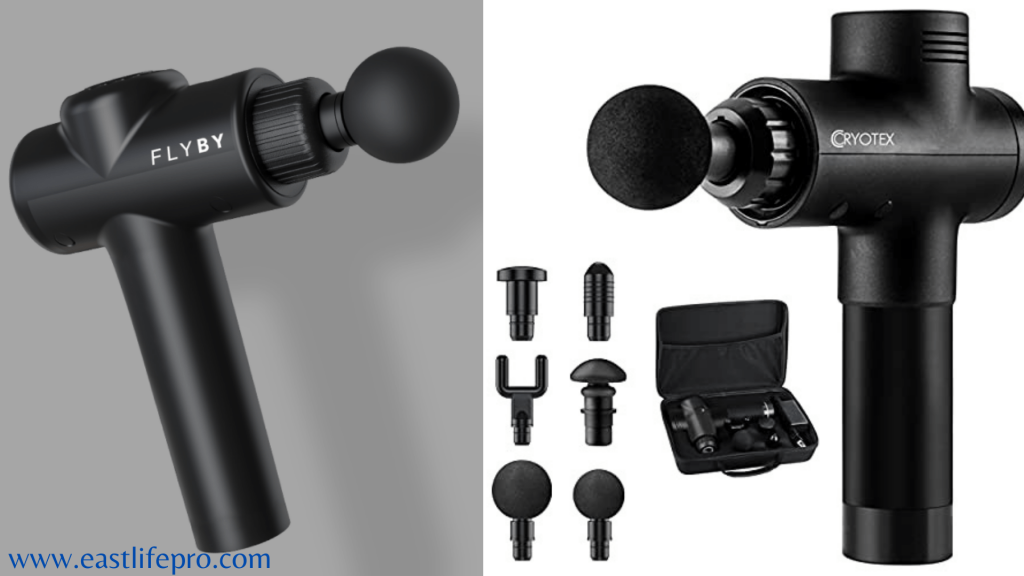Introduction
Sneezing is a ubiquitous event in humans and canines, and while a few sniffs now and then are constantly nothing to be concerned about, it can indicate something more serious in puppies. Therefore, it is essential to comprehend the diverse origins of sneezing in dogs and how to recognize and stave off it. This piece examines how to recognize and pretermit sneezing in dogs. To know more check on Portage pet store.
What Causes Sneezing in Dogs?
Sneezing in canines can be a consequence of a range of causes. It can be attributed to a viral or bacterial affliction, a foreign entity lodged in the snout, hypersensitivity, or other ecological circumstances. It may also indicate a more pressing intrinsic disorder, such as malignancy or cardiac dysfunction.
Infections
Infections like Kennel Cough are one of the most prevalent sources of canine sneezing. Kennel Cough is transmitted by a confluence of microorganisms, viruses, and fungi and is exceedingly transmittable. It is communicated through contact with an afflicted dog or with sullied objects. Manifestations can incorporate hacking, snuffling, nasal release, and pyrexia.
Foreign Objects
Foreign objects stuck in the nose can also cause sneezing in dogs. If an extraneous material is present, it can inflame the nasal canals and induce sneezing. If you think your canine has something wedged in its beak, it is necessary to bring them to the veterinarian ASAP.
Allergies
Allergies are another frequent source of snuffling in canines. Dust, spores, and other ecological allergens can irk the nasal passages and bring about sneezing. Your vet may proffer medication or other cures to decrease signs if your puppy has allergies.
Other Causes
Other causes of sneezing in dogs can include fluctuations in temperature, vulnerability to smoke or other stimulants, and specific medications. If your pup is snuffling for no obvious rationale, bringing them to the vet is imperative to exclude any latent issues.
How to Spot Sneezing in Dogs
Sneezing is a common symptom of many conditions in dogs, so it is important to be aware of the signs and take action if necessary. Here are some things to look out for if you suspect your dog is sneezing:
Nasal Discharge: Nasal discharge can indicate infection or dog allergies. If you notice your dog has a clear or yellowish nasal discharge, it is important to take them to the vet.
Frequent Sneezing: If your dog sneezes more than normal, it could indicate an underlying condition. Taking your dog to the vet is important if you notice frequent sneezing.
Coughing: Coughing can be a sign of Kennel Cough or other respiratory infections in dogs. If your canine is hacking and wheezing, it is essential to bring them to the doctor.
Fever: If your puppy has pyrexia in concert with snuffling, it could be a symptom of contagion or other grave predicaments. Taking your canine to the veterinary surgeon if you observe any indications of fever is essential.
How to Prevent Sneezing in Dogs
Sneezing can be a sign of something more serious in dogs, so taking steps to prevent it is important. Here are some tips for preventing sneezing in dogs:
Vaccinations: Vaccinations are an effective means of forestalling contagions in canines. Guarantee your pooch is modern on all their vaccinations to decrease their likelihood of disease.
Cleanliness: Keeping your dog’s environment clean and free of dust and other allergens can help reduce their risk of allergies and other respiratory infections.
Exercise: Regular exercise can help strengthen your dog’s immune system and reduce its risk of infection. Make sure your dog gets plenty of exercises each day.
Veterinary Care: Regularly taking your dog to the vet can help identify any underlying conditions that could cause sneezing. Ensure you take your dog for regular check-ups, and never hesitate to take them to the vet if you notice any unusual symptoms.
Conclusion
Expelling air through the nose, commonly known as sneezing, can be experienced by dogs due to a range of causes, from contagions to sensitivities and even foreign substances lodged in their nasal passages. Therefore, it is critical to be mindful of the indications of sneezing in dogs and to act accordingly. To mitigate the probability of dogs sneezing, ensure they are vaccinated on time, keep their domain unsoiled, provide regular exercise, and bring them for check-ups with a veterinarian routinely.
James Martin is a passionate writer and the founder of OnTimeMagazines & EastLifePro. He loves to write principally about technology trends. He loves to share his opinion on what’s happening in tech around the world.



